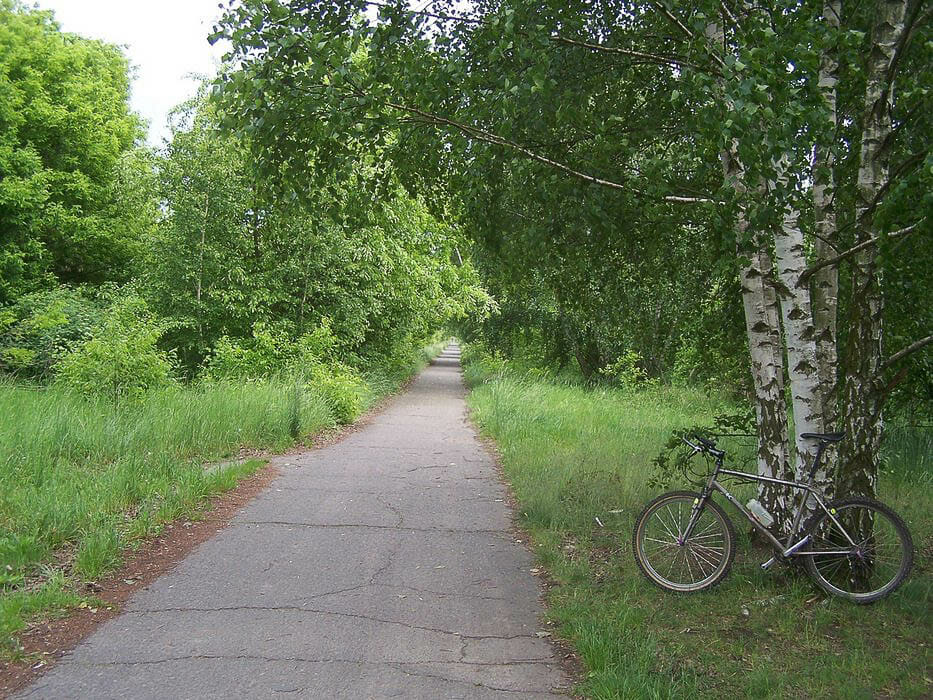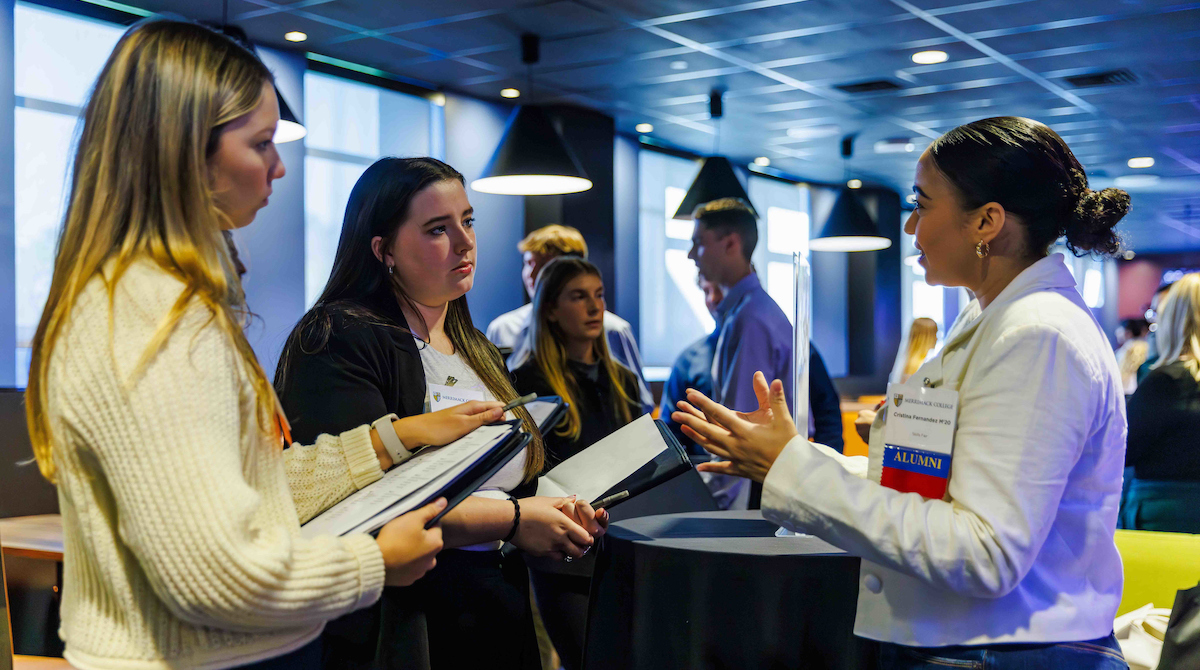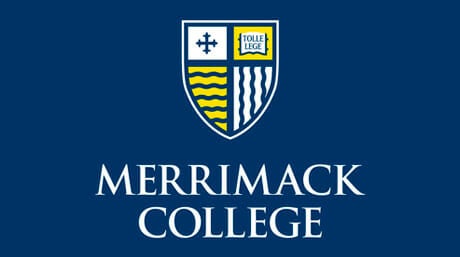During his fall semester sabbatical in Berlin, Dr. Kay had the great pleasure of running many times on this path which was built on the site of the former Berlin Wall. In fact, he was residing a short distance away in what was once East Berlin. One can only imagine the thoughts and emotions that grow inside you on such an historic site.
“The Berlin Wall, which had symbolized for many the Iron Curtain and the suffering and separation of the German people, both East and West, has been transformed here into a place of recreation and beauty,” stated Dr. Kay.
While in Berlin, Dr. Kay was also invited to speak at a Baptist church about his book Running – The Sacred Art, which was translated into German a few years ago. The pastor of the church is not only a marathoner, but also the husband of one of Dr. Kay’s former graduate students when he taught at the International Baptist Seminary in Prague during his first sabbatical in 1996. The pastor invited people from many surrounding churches to attend Dr. Kay’s presentation entitled “Laufen und Beten” (“Running and Prayer”), which was followed by a group run.





